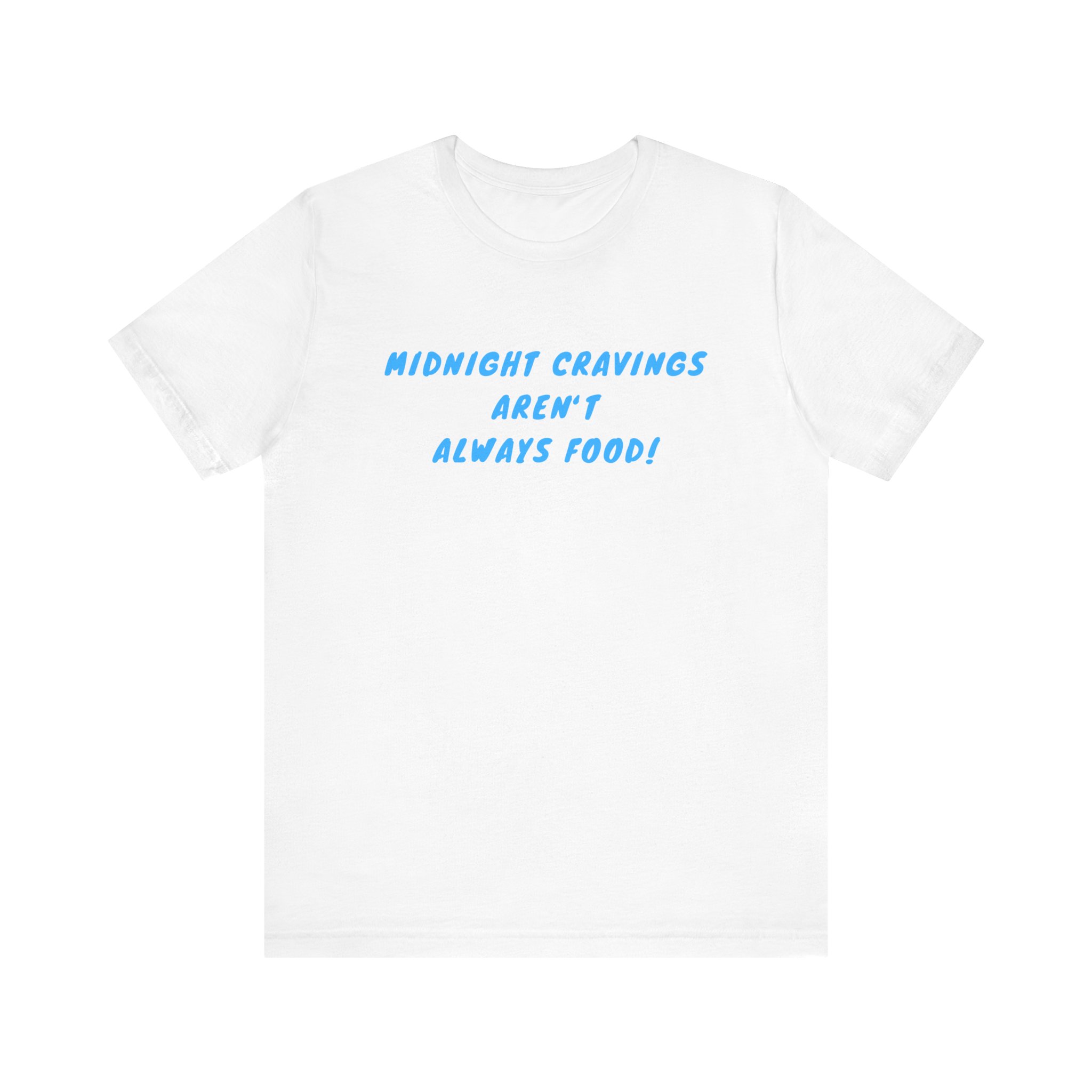Missy liked being a waitress. She especially liked it at noon when the Sour Dough was so busy her mind was totally occupied by the messages she brought to the kitchen and the completed messages she brought back to the impatient, hungry customers. She thought of food like that, the need for it a message, the return of it an expressed, made-real message.
She also liked the money which was more than she'd ever made as a secretary or receptionist. Her Mom and Dad and her step-Dad all disapproved of her working at the Sour Dough. They said it degraded her because it wasn't "clean" work. Missy and her parents had never gotten along and she was grown-up enough--at twenty-seven she better be!---to do as she pleased.
The third thing she liked about waiting tables was the amount of free time she had. At 2:00pm, while most of the world was still slaving away, Missy could visit a museum, go to a movie, exercise, masturbate, or just stay home and read. Missy loved books, especially biographies, and she attended two book discussion clubs regularly. She had always been an independent sort: she did not have a boyfriend right now nor any special desire for one. Long ago she had decided that relationships--especially long-term ones--were more trouble than they were worth. She rarely communicated with her family because whenever they talked, her parents (at least her Mom or Dad; her step-Dad just echoed whatever her Mom said) would start a fight about her job or bug her about getting into college or stuff like that.
Driving to work, Missy had a tape of Emily Brontë's Wuthering Heights playing. She had read it twice before as a teenager but she was reading it for the Janet Weinberg book club which was meeting next week. She had always like novels from the 19th Century, though she didn't like Charles Dickens much, she didn't know why. She loved the eerie romance of the Brontë sisters and their isolated moors. Also, the role of nature in Wuthering Heights and the closeness of the characters to their natural setting (that's what she was making notes on for her club discussion).
A light turned yellow and Missy probably should have slowed but instead her foot went heavier on the peddle. She made it through before the light turned red.
The voice from the tape deck was impersonating Catherine's passionate put-downs to her husband and her defense of Heathcliff. She remembered hearing someone say that Heathcliff was supposed to be Catherine's illegitimate step-brother and their unconsummated romance represented Emily Brontë's taboo love for her failure brother Branwell. Then she'd read somewhere that Heathcliff and Catherine were supposed to represent two sides of one person and the separation of an individual from himself. Or Linton and Heathcliff could be different sides of one man and Catherine the women forced to choose between them who kills herself because of the conflict.
And, of course, literature has so many layers it could represent all those things at the same time.
Missy made a left turn at the intersection of MLK and Baldwin Ave. She had held her first job at the Wendy's on the corner of Baldwin. It had been her first time in a restaurant and she remembered the smell had bothered her and so many of the customers were kids like herself--she was fifteen--that a lot of them were rude. And of course you don't make much in tips at a place like that. She'd quit after a few months because she'd gotten a job as a receptionist in a lady dentist's office. It had been a big improvement because it was clean and quiet and it had helped her improve her typing. Missy kept driving down Baldwin till she reached the on-ramp to the I-87.
She carried a large tray loaded with the plates for Table 4 (party of five) and Table 2 (party of two). She carried the heavy thing gracefully, balanced on the pad of her hand and on her shoulder. Smiling at the smiling customers. Carefully but not slowly, she lowered the tray onto the cart. The baby had started to fuss and she put his plate down in front of him first (which she would have done anyway because Carmen said to serve little ones first, get them out of the way).
Then she looked at a round-faced man with a burnt-brown tan and saw Prime Rib and a Bloody Mary; looked at the fat, blonde woman with glasses and saw Boiled Shrimp and a Strawberry Daiquiri; the pimply teen-aged girl had Chicken Enchiladas and Sprite glowing from her damaged skin; the pimply, teen-aged boy shone Double Burger and Sprite from his.
"Can I get you anything else?" Missy asked.
"Some more water?" the woman asked.
"Sure thing." Then Missy pushed the cart to Table 2 (all the while "H2O, H2O, ho ho H2O" bounced softly in her brain, behind an open door but in another room of her mind) and looked at faces instantly covered by transparent dinners which just as instantly evaporated when she set the plate in front of them.
***
Missy drove away from the library with the three books she had checked out on the dashboard of the passenger seat: a biography of Mikhail Gorbachev, an Agatha Christie mystery her step-Dad had recommended, and an Isaac Asimov book on the solar system. She'd read the Asimov book before but usually she had to read a science-type book three or four times before she got anything out of it. She loved mysteries (it was the only thing she and her step-Dad could talk about without fighting) but she knew she mustn't start this book when she got home because if you start a good mystery--Christies were her favorites--you have to read it all the way through. She always read them on days she didn't go to work.
Missy went to the Fielding Museum. It was a Tuesday and anyone can get in free on Tuesdays.
***
Missy's feet hurt.
She was used to a little ache after work but this was different. It started at the balls of her feet and got worse--much worse--in the arches. She felt like some ligament or muscle or blood vessel or something wanted to come down. It wanted to flatten her feet. Oh, the surprise of pain! And she still had almost an hour of work left.
She forced herself to walk fast--ouch--fast to the kitchen to fetch a tray and bring back breaded shrimp and a hamburger with extra mayonnaise. "You had the shrimp." The woman nodded. "And you had the burger." "Yes," the man said.
Table 3B was a man who came in regularly and usually alone. His glass of water was about down to the halfway mark. Ouch, ow, she thought while keeping her mouth tightly, self-consciously shut. She brought a pitcher of ice water to Table 3B.
"Missy." He looked at the tag. "That's your name."












